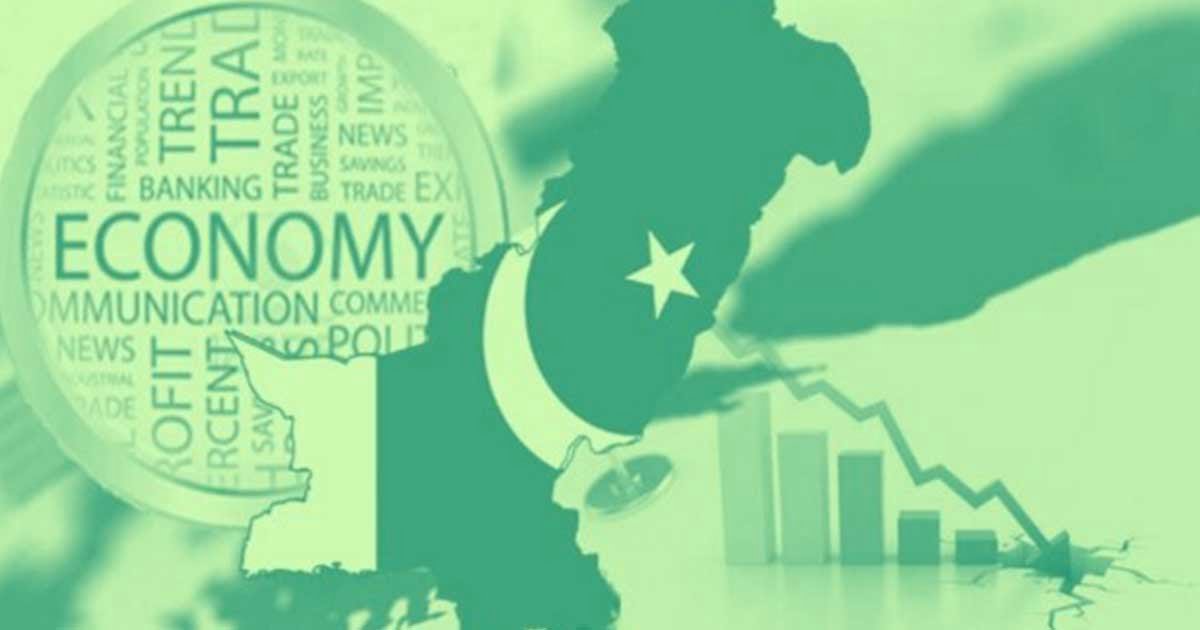In order to ensure economic stability and growth, it is essential for a country to prioritize its internal needs before focusing on import substitution and export strategies. The fundamental necessities of food, clothing, and shelter should be the top priority, as they are crucial for the sustenance of the population.
Policy makers play a vital role in constantly monitoring the import bill, exploring potential alternatives, and promoting indigenous production. This is particularly important in the context of agriculture, which serves as the backbone of the economy but has often been neglected in terms of technological advancements and support.
Reflecting on historical significance, Punjab has traditionally been a major food provider in the region. While the eastern part continues to contribute significantly to the sustenance of the population, the western part of Punjab, now within Pakistan, has lagged behind. The reliance on food imports, as highlighted by recent scandals involving wheat and sugar, underscores the critical need for self-sufficiency in food production.
Pl, subscribe to the YouTube channel of republicpolicy.com
Furthermore, the import of essential items such as edible oil seeds, tea leaves, and fertilizers poses significant challenges, contributing to the depletion of foreign exchange reserves. Despite possessing ample coal reserves, the country struggles to manage its fuel bill, pointing to inefficiencies in energy management and resource utilization.
The depletion of Sui Gas reserves, once a source of energy surplus, has led to the reliance on costly LNG imports, impacting the affordability of energy. Efforts to develop a coal-based energy system using clean technologies are underway, aiming to reduce the fuel bill and provide sustainable energy solutions.
Export-oriented strategies in a globalized market are crucial for economic growth, and it is essential for countries to capitalize on their strengths and address weaknesses to remain competitive. The example of Australia focusing on mining and agriculture and reaping the benefits of exports demonstrates the importance of strategic sector selection for global competitiveness.
In the context of infrastructure and energy development, the successful self-reliance model adopted by China, followed by strategic export ventures, serves as a prominent example. The Belt and Road Initiative and the China-Pakistan Economic Corridor (CPEC) are integral parts of China’s global market expansion strategy, emphasizing the significance of infrastructure development in supporting export initiatives.
The potential for economic growth through the mining sector, as evidenced by missed opportunities and ongoing projects in Pakistan, highlights the need for improved resource management and utilization. The focus on local production of finished metals and the exploration of unexplored deposits could significantly reduce the dependency on metal imports and lead to economic gains.
In conclusion, the importance of prioritizing internal needs, controlling import bills, and strategically pursuing export opportunities cannot be overstated. It is imperative for nations to address the basics and ensure that they are accessible to the general population before engaging in import and export ventures. By balancing import substitution, prioritizing domestic needs, and strategically pursuing exports, countries can achieve economic stability and sustainable growth.
















